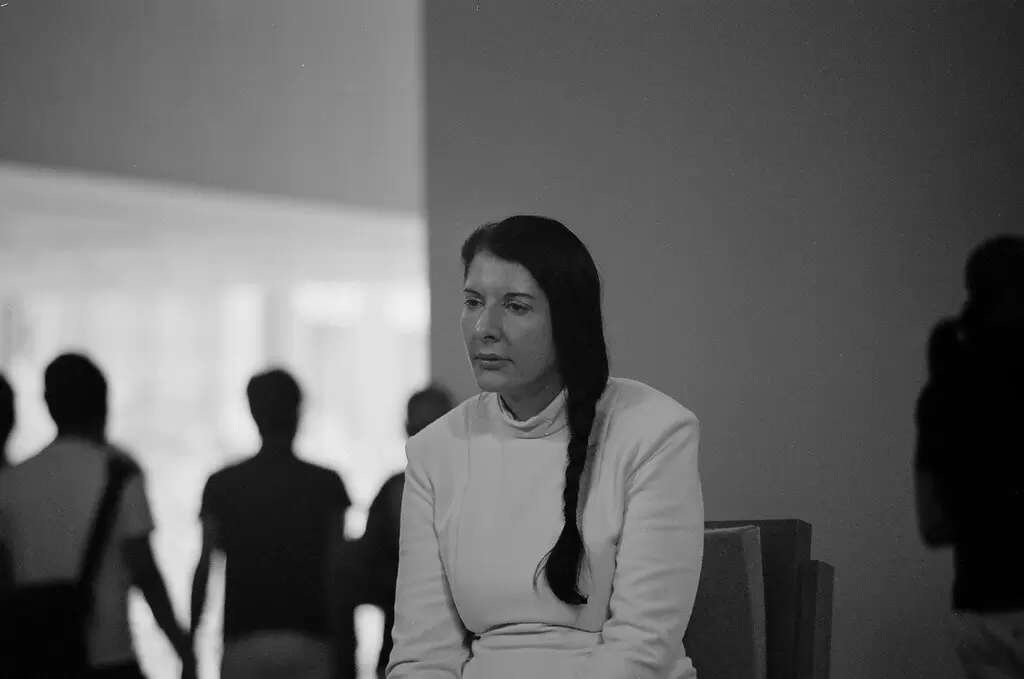The Art of the Circus: Performance, Acrobatics and Magic
Almost everybody on the globe is familiar with Le Cirque du Soleil or have been to a circus performance that has involved clowns, aerial numbers, jugglers and sometimes animals' acts. How did the circus start?


When did it start and how it has evolved to become the contemporary circus we know today. Focus on The .ART of the Circus.
Circus has been a recurrent theme in cinema, taking centre stage several times at the movie theatre with films like The Greatest Showman and Water for Elephants and much recently the remake of Dumbo. It also has been captured in photographs, paintings and mural – let’s just think for a second of Helmut Newton photo of the lady with an elephant, The Circus by Georges Seurat or one of the many vintage postcards and posters. Music makes no exception, let’s just remember songs like Being for the Benefit of Mr Kite! by the Beatles or Circus by Britney Spears. Circus has been an art that has inspired many other forms.

Circus, the noun, is actually derived from a romanticize Greek works -ίρκος – which means circle or ring, and its history isn’t simple. The debate around its origins is still alive and a controversial subject amongst historian – Is it as old as Roman times or is as recent as 16th century England. The crux of the argument being – is circus only what we know today as a circus? Ancient Rome has its version of the circus as an exhibition including horses, gladiator, equestrian shows, chariot races and finally some display – many suggest fights – of animals.

Albert Kuhn, Course de chars, 1913.
While what is referred to as Modern circus, would have found its inception in London, created by Philip Astley’s mind. He wasn’t the first to assemble performances that include horse riding, acrobats or clowns, he was the first to build a show and use a 42 ft. diameter ring to perform them – which even in contemporary performances is still standard, more than 5 century later! From there, the English circus jumps over the pound and expand to America. The famous circus tent makes its apparition around the 1820s. The exchange between North America and Europe brings a wind of change as the breath of performance, and the acts are refined due to a difference of size. It becomes more ambitious, and the artists are exhibiting a new level of skills, strength and daring, and performing more complicated equipment.

Palmyre Annato, Circus star of the 19th century, 1840
Today what we referred to as Contemporary circus started in the 1970s. It is a combination of a traditional circus; clowns, aerial stunt and acrobatics mixed with theatre – conveying stories and all the added features of modern shows such as lighting design, music, and mind-blowing state of the art costumes. For the most part, animals are no longer part of the acts, and the touring is done over years not only months, some still have a building but some still preferer the traditional tent. What is the feature of the circus? Only time will tell, but the highly trained and incredibly skills circus artists will contribute immensely to the arts’ richness.

Cirque du Soleil – Amaluna Act
We thought of giving you a tasting bite of some of .ART best circus adopters, from association to circus company and performers to world record owner. Dive into a mesmerizing universe, for all ages!
Pavel Evsukevich  Pavel Evsukevich resumé is impressive and proves that this circus artist can juggle with more than balls and hoops and touring in the USA, Americas, India and Europe among other destinations. He is also the recipient of many awards and special prizes he received as he masters his craft through global workshops. The International Jugglers’ Association describes him as one of the currently most technically proficient and astounding performers on the planet. As this wasn’t convincing enough, he is also the holder of 9 World Records!
Pavel Evsukevich resumé is impressive and proves that this circus artist can juggle with more than balls and hoops and touring in the USA, Americas, India and Europe among other destinations. He is also the recipient of many awards and special prizes he received as he masters his craft through global workshops. The International Jugglers’ Association describes him as one of the currently most technically proficient and astounding performers on the planet. As this wasn’t convincing enough, he is also the holder of 9 World Records!
Visit his website evsukevich.art to discover more about his art-making and find him under @evsukevich.art on Instagram.
Cirque Farouche  This French circus is fierce and locates itself between the classical and contemporary circus. Cirque Farouche is the creation of two authors Jef Odet and Damien Fleau amalgaming movement to music. By combining the way of creating gesture and echoing it in music, a narration finds its inception. As they mentioned on their website, “A thread is stretched, a string just vibrates, between the stage and the spectator, an intimate relationship, immediate and without chatter.”
This French circus is fierce and locates itself between the classical and contemporary circus. Cirque Farouche is the creation of two authors Jef Odet and Damien Fleau amalgaming movement to music. By combining the way of creating gesture and echoing it in music, a narration finds its inception. As they mentioned on their website, “A thread is stretched, a string just vibrates, between the stage and the spectator, an intimate relationship, immediate and without chatter.”
The work of Cirque Farouche‘ can be discovered on cirquefarouche.art.
La Grande Famille des Clowns  La Grande Famille des Clowns (translating as the Big family of clowns) is an association who has for mission to make the general public discover or rediscover the diversity of contemporary clowns and burlesques arts. While this art has grown and evolved, investigated new places in recent years and dabbled in new territories, it is still underrecognized and marginalized. It remains a minor art. Since late 2016, they “highlight it, and encourage as well as strengthen the links between the actors of the art of the clown, help professionals to promote their art, unite professionals and amateurs around this art.”
La Grande Famille des Clowns (translating as the Big family of clowns) is an association who has for mission to make the general public discover or rediscover the diversity of contemporary clowns and burlesques arts. While this art has grown and evolved, investigated new places in recent years and dabbled in new territories, it is still underrecognized and marginalized. It remains a minor art. Since late 2016, they “highlight it, and encourage as well as strengthen the links between the actors of the art of the clown, help professionals to promote their art, unite professionals and amateurs around this art.”
Look into their universe by visiting their website lagrandefamilledesclowns.art or following them on Instagram @lagrandefamilledesclowns.
Kolja Huneck  For more than a decade, Kolja Huneck juggles balls and other roundish objects such as vinyl records. A couple years later, as his passion for circus art grew so did his interest in magic, and for many years now, his performances are a combination of juggling and magic. He earned a Bachelor in Object Manipulation from Codarts Circus Art in Rotterdam in 2019 during which he honed his juggling skills with unusual objects.
For more than a decade, Kolja Huneck juggles balls and other roundish objects such as vinyl records. A couple years later, as his passion for circus art grew so did his interest in magic, and for many years now, his performances are a combination of juggling and magic. He earned a Bachelor in Object Manipulation from Codarts Circus Art in Rotterdam in 2019 during which he honed his juggling skills with unusual objects.
His work can be discovered on Instagram under @kolja_huneck and his website kolja.art
Nu With 5 artists on stage, Nu is a contemporary circus performance coming from the imagination of Quim Girón’s and his team. Without a narrative tread, disconnected acts and characters express themselves by showcasing different circus disciplines such as acrobatics, verticals, hair hangers, and aerial poles. “Nu is straight and without ornaments: the search of the absurd, the presence of the interpreter, and the relationship between artists and objects are the main axes on which the spectacle is based on.”
With 5 artists on stage, Nu is a contemporary circus performance coming from the imagination of Quim Girón’s and his team. Without a narrative tread, disconnected acts and characters express themselves by showcasing different circus disciplines such as acrobatics, verticals, hair hangers, and aerial poles. “Nu is straight and without ornaments: the search of the absurd, the presence of the interpreter, and the relationship between artists and objects are the main axes on which the spectacle is based on.”
Visit their website imagin.art to discover more about their latest circus production Nu!
ABOUT THIS SECTION
The .art Domains has always been dedicated to connect, empower, and support its community members and foster a sense of belonging to the art world. This new section celebrates creators that have recently joined our community. It is our way to give back and shine a light on amazing creatives, especially in these testing times! If you would like to be featured in a post, please look at our submission guidelines here.





